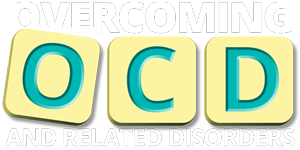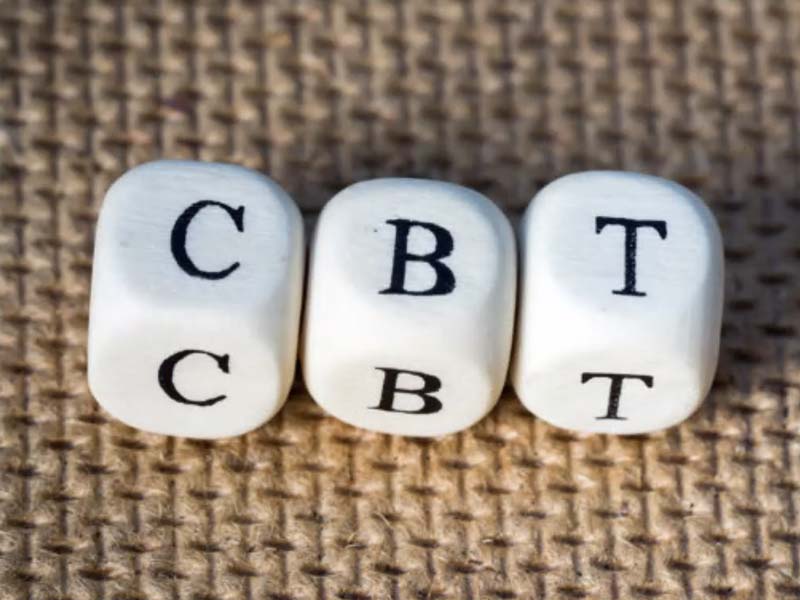Theory A versus theory B in CBT for OCD – an attempt at clarification and a word of caution
2 min read
Any attempt to solve a problem is driven by how you define it. ‘Theory A vs Theory B’ is a common step in CBT for OCD, BDD, and health anxiety. It means comparing your current way of handling your doubts and fears, with an alternative take.
For clarity, here are some simplified examples:
A: My problem is having a particular intrusive thought.
B: My problem is the degree of anxiety and worry I have about my intrusive thought.
A: My problem is having doubts about (e.g. risk, my sexuality, love-feelings, health, etc.).
B: My problem is intolerance of uncertainty about (e.g. risk, my sexuality, love-feelings health, etc.).
A: My problem is the flaws I perceive in my skin.
B: My problem is feeling such strong shame and being preoccupied for hours a day with the flaws I perceive in my skin.
‘Theory A’ will lead you to use certain solutions. You might find it helpful to list them in readiness for targeting them for change. How helpful have they been in finding a lasting solution?
The way to test whether ‘Theory B’ is accurate is to see what happens if you treat your problem ‘as if’ it is theory B. It’s generally not helpful to spend too much time trying to work out in your mind whether it’s ‘true’. You ‘test’ it out by working hard to face your fears, countering avoidance, stopping compulsions, dropping safety-seeking behaviours, getting ‘out of your head’, reclaiming life, and so on.
What’s important to remember is that redefining the problem is not a solution in itself. You’ve still got a problem to solve, such as a worry or shame problem. It’s only when you solve this problem that you will truly start to get better.
Try to avoid the trap of using theory A versus B to try and reassure yourself. This can lead to maintaining your problem, by interfering with your building up tolerance of ambiguity and uncertainty.
So, use ‘theory A versus B’ to take a fresh look at your OCD, as a launch pad into a new approach to improving your life. It can be great starting point on your journey of recovery. Just try to avoid going back to the start of that journey in search of reassurance, and keep looking ahead toward overcoming your OCD.

